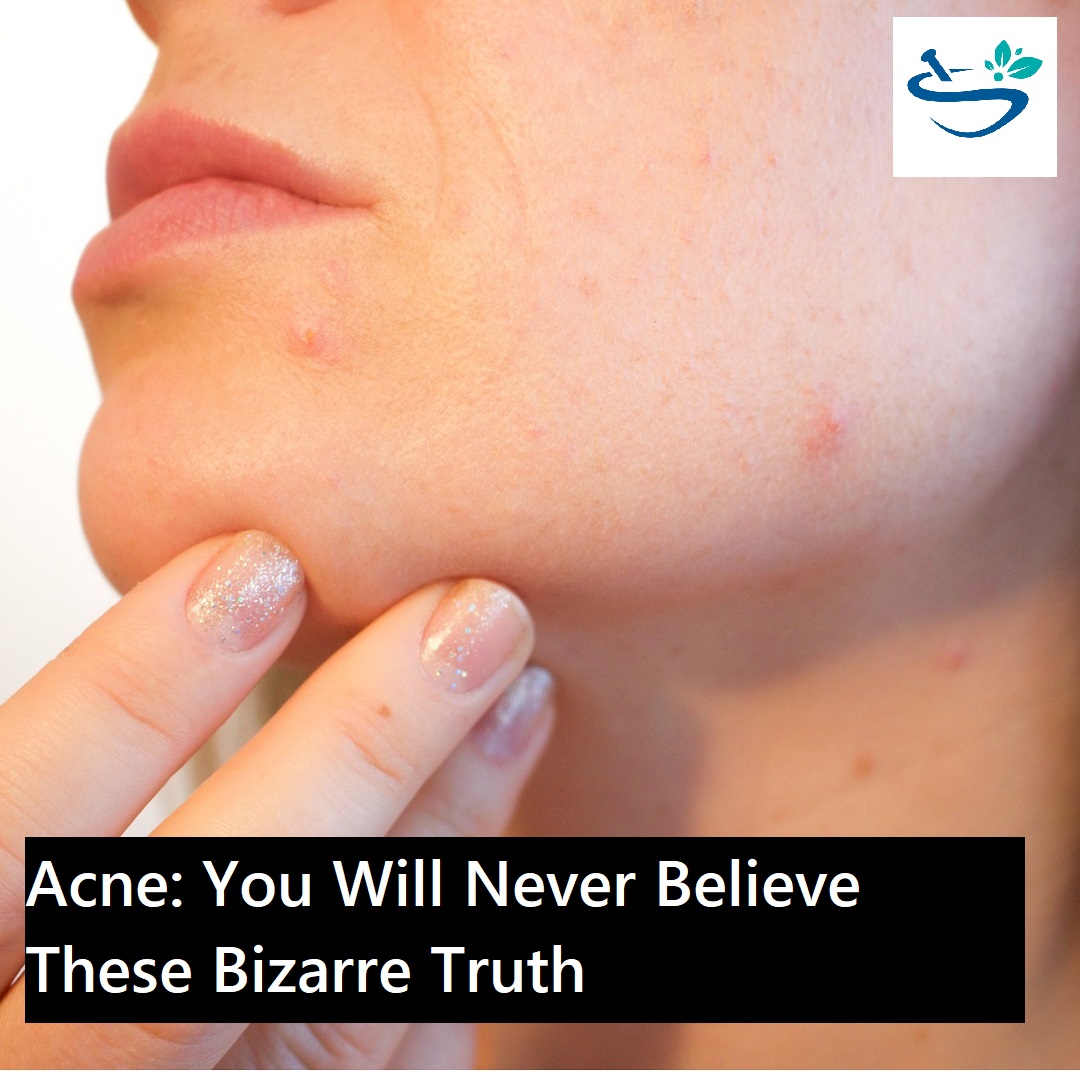Acne, a common yet distressing skin condition, affects millions of people worldwide. It can cause physical discomfort and have a significant impact on a person’s self-esteem. Fortunately, our skin experts provide valuable insights into the symptoms, causes, and treatment options for acne. In this article, we will delve into the details of this comprehensive resource, aiming to empower readers with knowledge and guidance to combat acne effectively.
Understanding Acne Symptoms
This article explains that skin breakouts typically manifest as different types of blemishes, including blackheads, whiteheads, pimples, and cysts. It elaborates on the various symptoms, such as inflamed skin, redness, tenderness, and pus-filled lesions. By identifying these symptoms, individuals can gain a better understanding of whether they are dealing with acne or another skin condition.
Unraveling Acne Causes
To effectively tackle skin breakouts, it is crucial to comprehend their underlying causes. We highlight several factors that contribute to acne development. Hormonal changes, particularly during puberty, play a significant role in triggering skin breakouts. Excess oil production, clogged hair follicles, and bacteria are other key culprits. Additionally, certain medications, diet, and lifestyle choices can worsen acne symptoms.
The Role of Genetics and Risk Factors
We emphasize the influence of genetics on blemishes development. Individuals with a family history of acne are more likely to experience it themselves. Furthermore, certain risk factors, such as hormonal fluctuations, stress, and certain medications, can increase the chances of developing acne. By understanding these factors, individuals can take proactive steps to manage and prevent skin breakout flare-ups.
Exploring Treatment Options
There are various treatment options available for skin breakouts management. It emphasizes the importance of early intervention and seeking professional advice from dermatologists. The article outlines both over-the-counter and prescription medications, including topical creams, antibiotics, and oral contraceptives. It also highlights the potential side effects and necessary precautions associated with these treatments.
Lifestyle Modifications for Acne Management
In addition to medical interventions, we underscore the significance of adopting healthy lifestyle practices to support acne management. It suggests incorporating a gentle skincare routine, avoiding harsh products, and maintaining a consistent cleansing regimen. Additionally, managing stress levels, maintaining a balanced diet, and staying hydrated can contribute to overall skin health.
Prevention Strategies
Prevention is always better than cure. We know the importance of avoiding oil-based cosmetics, regularly washing hair and keeping it away from the face, and refraining from squeezing or picking at blemishes. By implementing these strategies, individuals can reduce the likelihood of skin breakouts.
Conclusion
Acne can be a challenging condition to deal with, but understanding its symptoms, causes, and treatment options can empower individuals to take control of their skin health. By utilizing the knowledge shared in this article and seeking professional guidance, individuals can embark on a journey towards clearer, healthier skin. Remember, effective skin breakout management is not only about external treatments but also encompasses lifestyle modifications and preventive measures. With the right approach, acne can be effectively managed, allowing individuals to regain their confidence and embrace a blemish-free future.

